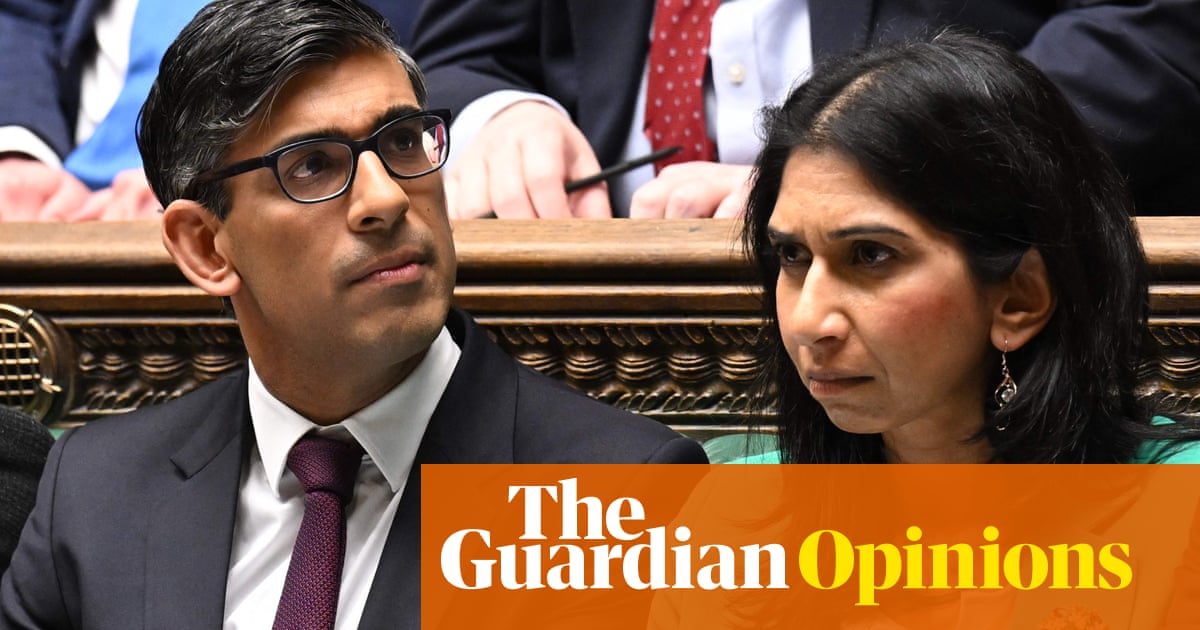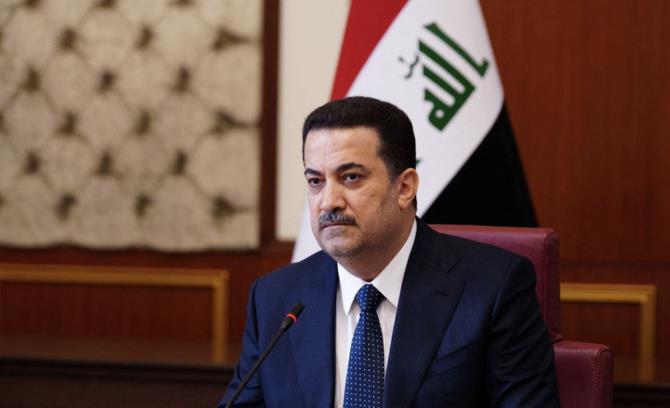
For the past few years, the Egyptian state has been intensely devoted to fighting terrorism, which has been a clear and present danger, with some potential for turning Egypt into a flailing state. Although terrorists have managed to carry out moderate-level acts, mainly in dispersed, isolated areas, the threat is now declining significantly. In any case, Egypt is not a nation that can be dragged down by terrorism — a proposition that is clearly condemned by the majority of citizens. Our risk of becoming a flailing state may lie elsewhere.
That risk arises from two main factors: The substantial decline of the economy that could prompt the masses to revolt (even in the knowledge that they are risking their lives), and the overrated state entities that are supposed to prevent all potential uprisings. These two elements have been intensifying silently but considerably, and the interaction between them could easily lead to widespread chaos that would be difficult to contain.
Uplifting the economy of a nation like Egypt, with its illiterate, unproductive human capital, requires substantial and consistent scientific efforts — an issue that our government is not addressing and appears not to even notice. Naturally, many additional factors that could drag nations down rather than uplift them exist in Egypt as well. The government’s inefficient economic machine is operating in reverse; it is fed by citizens’ unproductive energy, which further slows down its operation.
The fact that Egypt is a nation that consumes more than it produces, coupled with the price hikes that all citizens are confronting daily, means that Egyptians spend their entire incomes in the early days of each month. These deteriorating economic conditions might stimulate the masses to different kinds of disobedience, not necessarily revolution. Meanwhile, the state’s continuous warnings about wielding its iron fist would be useless in the face of masses angered by poverty.
Instead of seriously revisiting its political and economic policies, the state continually uses fantasy rhetoric, according to which Egypt is in a better situation than many of its neighboring nations. This rhetoric, consistently featured in state media and widely circulated on social media, is an argument that could be debated among pundits. For the vast majority of Egyptians, what matters is to be able to feed their families; people who simply want to survive will take no notice of state rhetoric.
The government’s inefficient economic machine is operating in reverse; it is fed by citizens’ unproductive energy, which further slows down its operation
Mohammed Nosseir
President Abdel Fattah El-Sisi is doing his utmost to strengthen Egyptian state entities, but his efforts have so far succeeded in over-authorizing many entities instead of establishing a truly functioning government that can move the economy forward. Statesmen who currently enjoy superior status are obviously self-serving, reckless citizens exerting only minimal efforts to boost the nation’s economy.
Meanwhile, Egyptians at large believe that state entities are corrupt, working only to serve their entourage. In short, the entities that govern Egypt and are supposed to lead and influence society are badly perceived by citizens. When the worst comes to the worst, government cadres will completely despair — as previously observed during the Jan. 25, 2011, revolution. Moreover, the persistent depoliticizing of Egyptians and efforts to distance citizens from the political scene constitutes an additional factor that contributes to worsening conditions.
There are many indications that large segments of society are not happy with the current political and economic conditions; a large portion of our youth is unemployed, as well as completely marginalized politically, and their discontent is reinforced by an economic crisis that affects all citizens. The government, meanwhile, believes that Egypt is moving from one glorious success to another. Depending on which of the two parties manages to realize its perspective, Egypt will either head toward a massive rebellion or will finally settle down.
Mohammed Nosseir, a liberal politician from Egypt, is a strong advocate of political participation and economic freedom. Twitter: @MohammedNosseir
Disclaimer: Views expressed by writers in this section are their own and do not necessarily reflect Arab News" point-of-view












